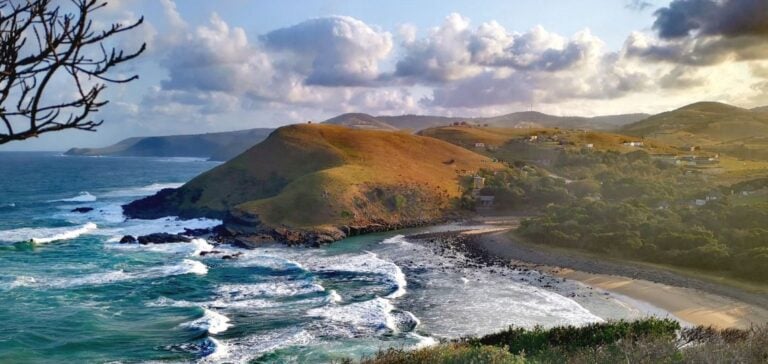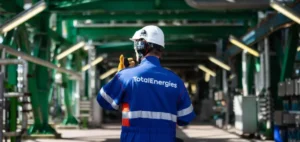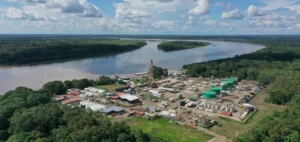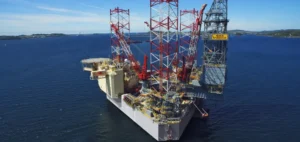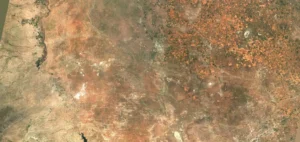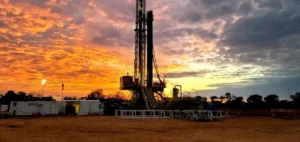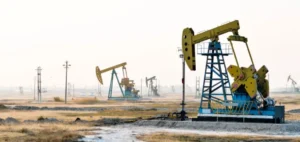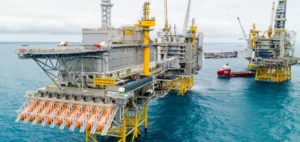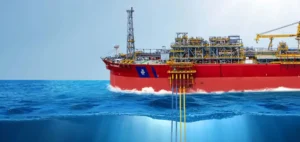Offshore oil exploration on the Wild Coast, led by Shell and other companies, has seen a significant new twist. The South African Court of Appeal has suspended an earlier decision which had halted drilling activities due to a lack of public consultation, offering a new opportunity for the oil industry.
This decision comes after the court recognized the validity of the exploration right initially granted to Shell and Impact Africa in 2014, and renewed in 2017 and 2021. The judges ruled that considerations of justice and fairness justified resuming exploration subject to further public consultation.
Background and Court Decision
The Wild Coast, an unspoilt region of South Africa, is at the heart of intense environmental and economic debate. In 2019, TotalEnergies discovered two vast gas fields off the country’s east coast, increasing interest in oil exploration in the region. However, legal action initiated by local communities and environmental groups such as Greenpeace has delayed these projects.
In May, the Court of Appeal heard the arguments of the parties concerned. The plaintiffs argued that the lower court’s decision to cancel the right of exploration was justified by concerns over climate change and property rights. The Court of Appeal, while rejecting the appeal, nonetheless upheld the validity of the right to explore, requesting further public consultations to correct the identified defects.
Reactions and future prospects
A Shell spokesman expressed the company’s respect for the court’s decision, while welcoming the validation of the exploration right, subject to public consultation. “We are reviewing the judgment in detail and considering our next steps,” he added.
This decision is seen as a victory for the oil industry, which is seeking to exploit the energy resources of South Africa, located between oil-rich areas such as Namibia and Mozambique. However, it also highlights the need for in-depth dialogue with local communities and environmental groups to ensure sustainable and equitable development of natural resources.
Environmental and economic challenges
Oil exploration on the Wild Coast raises crucial questions about the balance between economic development and environmental protection. Environmental groups warn of potential ecological risks, including the disruption of marine wildlife and the threat to coastal ecosystems. For their part, supporters of exploration point to the potential economic benefits, including job creation and increased tax revenues.
While pursuing their exploration objectives, oil companies must now navigate a complex regulatory landscape and meet the expectations of local and international stakeholders.
The South African Court of Appeal’s decision represents a turning point for oil exploration in South Africa. It paves the way for the resumption of activities on the Wild Coast, while highlighting the importance of public consultation and environmental impact management. What happens next will depend on the ability of oil companies to reconcile their economic ambitions with the imperatives of social justice and environmental sustainability.


